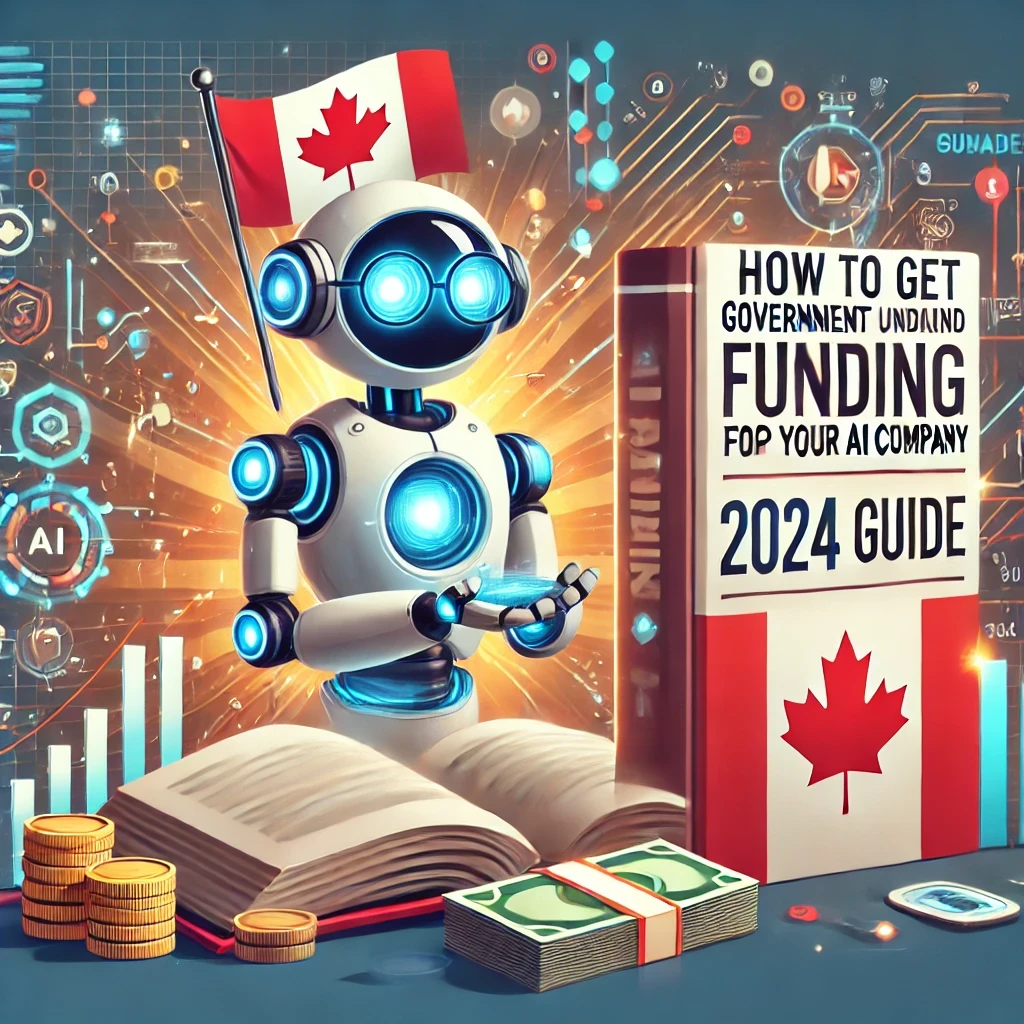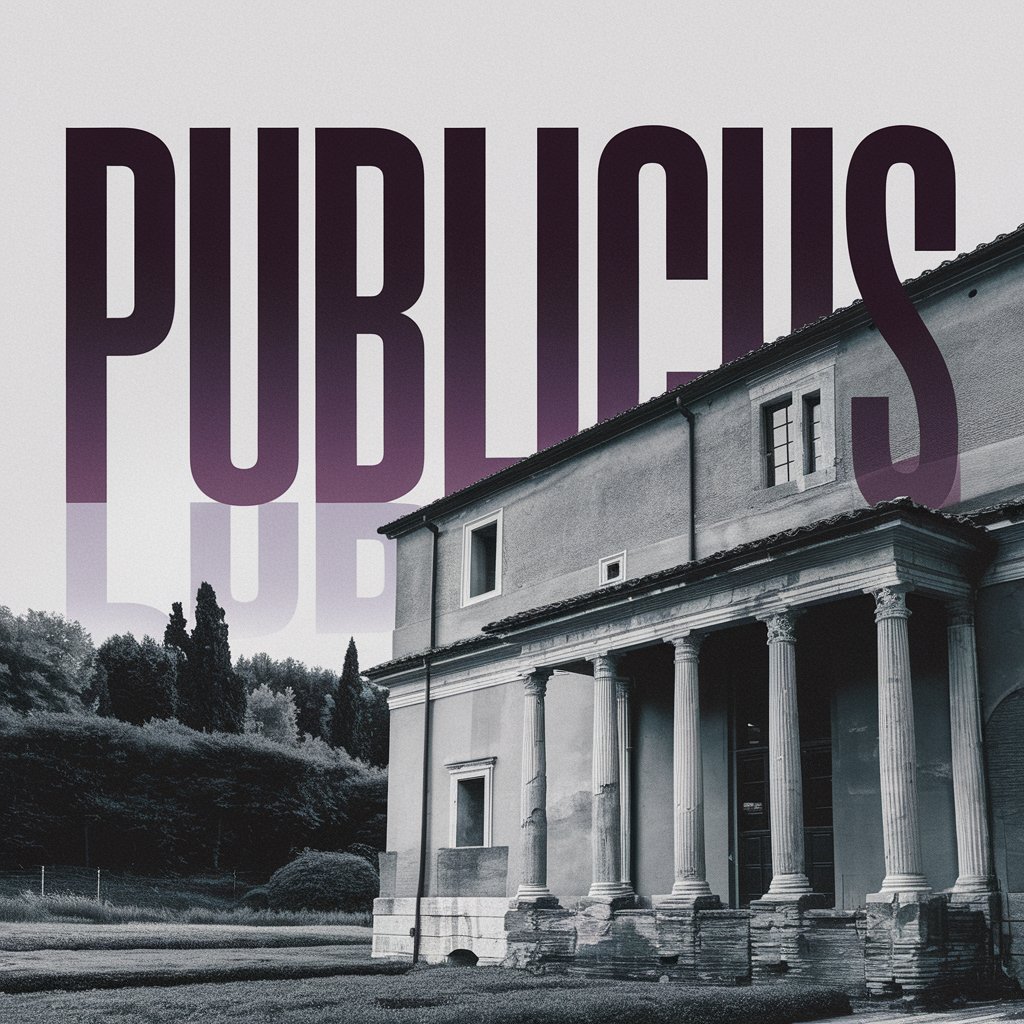In an era of rapid technological advancement, artificial intelligence (AI) is emerging as a game-changer for government operations. Recent developments highlight the immense potential of AI to transform public services, streamline processes, and ultimately, simplify citizens' interactions with government agencies.
The $24 Billion Boost: Canada's Investment in AI
The Canadian government has made a significant commitment to AI, investing $24 billion in funding and establishing a dedicated working group to examine productivity. This move underscores the recognition of AI's potential to reinvent entire processes within the public sector.
At Publicus, we've long understood the transformative power of AI in government operations. Our suite of AI-powered tools, including Paul for businesses and our Service Navigator for citizens, embodies this vision of using technology to make government interactions a breeze.
Case Study: AI in Utility Operations
A recent report by Itron reveals that 86% of utility executives identify AI and machine learning as crucial technologies for addressing high-priority operational challenges. This is particularly relevant as electricity demand grows due to data centers, new construction, and sustainability initiatives.
Key Findings:
AI and ML are essential for detecting and managing potentially dangerous situations in utility operations.
Grid edge intelligence, powered by AI, provides greater insight and control across distribution networks.
These technologies are crucial for enhancing safety, improving consumer engagement, and achieving long-term sustainability goals.
This case study demonstrates how AI can be applied to critical infrastructure, improving efficiency and safety. At Publicus, we believe similar applications of AI can revolutionize various government services, from energy management to public safety.
Streamlining Operations and Reducing Backlogs
One of the most promising applications of AI in government is intelligent document processing. This technology has the potential to tackle backlogs and significantly reduce wait times for various government services.
Real-World Example: AI Scribes in Healthcare
Canadian doctors spend an estimated 48.8 million hours per year on administrative tasks. AI scribe technology can reduce this time by 70-90%, saving 3-4 hours per week. While adoption is currently low due to privacy and cost concerns, addressing these issues could lead to widespread use, significantly improving healthcare efficiency.
Our Service Navigator tool applies similar principles to simplify complex processes in other areas of government service. By allowing citizens to text a number to find essential services like daycares or food banks, we're cutting through bureaucratic red tape and directly connecting people with the resources they need.
The Need for Coordinated Adoption
While the potential of AI is clear, its successful implementation requires coordinated adoption across government departments. This ensures consistency in approach and maximizes the benefits for both the government and citizens.
Challenges in Implementation:
Privacy concerns, especially in handling sensitive data
Cost barriers, particularly for smaller departments or municipalities
Need for clear legal frameworks and oversight
At Publicus, we understand these challenges and design our tools to work seamlessly across different government sectors, providing a unified experience for users whether they're businesses navigating regulations or citizens seeking services.
Building Trust and Reshaping the Workforce
As we embrace AI in government, it's crucial to build trust in the technology and prepare the workforce for this digital transformation. This involves not just implementing new tools, but also reshaping roles and responsibilities to leverage human skills alongside AI capabilities.
Workforce Considerations:
Potential impact on public sector jobs, especially for new entrants and immigrants
Need for upskilling and reskilling programs
Importance of maintaining human oversight in critical decision-making processes
Our approach at Publicus has always been to enhance human capabilities, not replace them. For instance, our Briefly tool for political campaigns augments human creativity with AI-powered insights, allowing campaign teams to focus on strategy while AI handles content generation.
The Path Forward
The integration of AI in government operations represents a significant opportunity to enhance efficiency, improve service delivery, and ultimately make government more accessible to all citizens. As Canada and other nations invest in this technology, we at Publicus are excited to be at the forefront of this revolution in public service.
By harnessing the power of AI, we can create a future where understanding and interacting with government is as easy as checking your social media. It's time to embrace the AI-driven future of government services – a future where technology works for the people, simplifying complexities and empowering citizens.
Are you ready to experience the future of government interactions? Explore our AI-powered solutions and join us in our mission to make government work for you.




